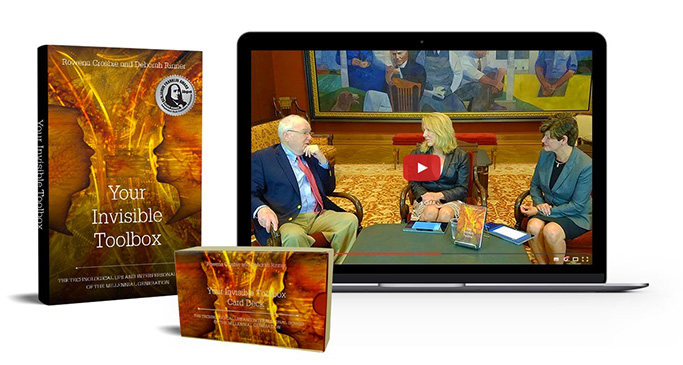"What am I missing" is a wonderful question to ask when confronted with something new. When confronted with something new, if we can observe it without evaluating, chances are we can describe it. Then we have the ability rather than judging to consider all the possibilities that may explain what we are seeing or experiencing. That is the interpretation phase. We can then evaluate more clearly and correctly.
The tendency to evaluate behavior from that is different as good or bad is to make a judgment based on our own cultural bias. Evaluation has been called the third stage of how we attribute meaning. The first two, description and interpretation lead naturally to it.
Different attitudes about for instance, food or drink can cause misunderstanding as we evaluate them. If my cultural programming encompasses the belief that people should eat neatly and quietly, I may find eating habits that are noisy, and communal difficult. I might evaluate someone eating noisily as "rude" or "uncivilized". I would clearly be judging, rather than describing. I would be skipping the interpretation phase in which thinking of possible reasons the behavior is occurring might clue me in to why, and keep me from jumping to assessing from solely my own programming.
The goal in responding to difference is to observe, describe and interpret. Yet it is our inclination to go right into evaluating.
Ways to decrease the tendency to evaluate are:
Gain insight into your own values
Do not judge someone from another culture by your own cultural values until you have first come to know them and their cultural values
Use the O.D.I.E. strategy: Observe, Describe, Interpret, then Evaluate
When faced with cultural difference, how do we know when it is a difference that we must address rather than attempt to solely understand? If it is a difference that makes a difference!
If it influences productivity
If it is illegal
If it is unsafe
If it is cost prohibitive
Any time that a difference influences productivity, legality, safety or cost, it needs to be addressed. Many times simply beginning the dialogue of what we observe, and how it could adversely affect the working environment is enough to create awareness of the potentially offensive behavior.
Behaviors can be motivated by differing values. Rather than assuming our own value system is known to the person exhibiting differences that make a difference, it is our job to try to identify all the different reasons we can that someone might be behaving in a way that is unacceptable. We can then approach talking about the matter in a fashion that allows for them to explain their motivation and retain their dignity.
If it is not a difference that makes a difference, change your response. We respond based on our underlying value system. Being aware of this helps in allowing for differences and traces our reaction back to ourselves.
The Your Invisible Toolbox® Movement tackles the challenges most individuals, teams, and organizations face. An award-winning book paired with a companion YouTube show and card deck, provide a unique set of research-based tools, put together in an easy-to-apply road map to success.
Find Out More and Join The Movement